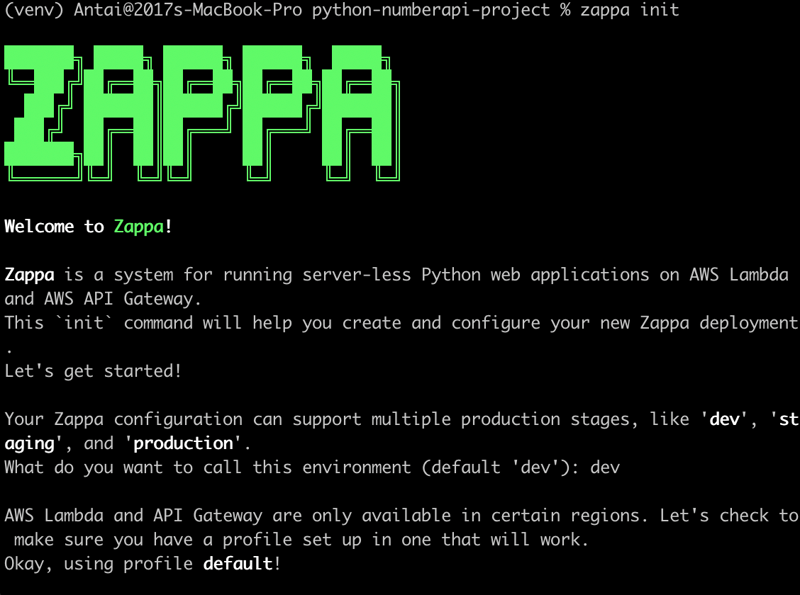自动化每日Arxiv纸摘要和松弛通知(松弛.摘要.自动化.每日.通知...)
this python script automates the process of fetching daily arxiv papers, generating summaries using gemini, and posting them to a slack channel. let's improve the clarity and organization for better understanding.

This script retrieves papers from arXiv, summarizes them using generative AI (specifically, Google Gemini), and posts the summaries to a Slack channel.
I. Python Code:
import datetime
import logging
import os
import time
import arxiv
import google.generativeai as genai
from slack_sdk import WebClient
from slack_sdk.errors import SlackApiError
# Configuration (best practice to use environment variables for sensitive data)
PAPER_TYPES = ["cs.ai", "cs.cy", "cs.ma"]
GEMINI_API_KEY = os.environ.get("GEMINI_API_KEY")
GEMINI_MODEL = "gemini-2.0-flash"
SLACK_BOT_TOKEN = os.environ.get("SLACK_BOT_TOKEN")
SLACK_CHANNEL = os.environ.get("SLACK_CHANNEL")
MAX_RESULTS = 30
# Logging setup (highly recommended for debugging and monitoring)
logging.basicConfig(level=logging.INFO, format='%(asctime)s - %(levelname)s - %(message)s')
logger = logging.getLogger(__name__)
def fetch_arxiv_papers(max_results: int = MAX_RESULTS) -> list:
"""Fetches relevant arXiv papers published within the last 24 hours."""
query = " OR ".join([f"cat:{paper_type}" for paper_type in PAPER_TYPES])
client = arxiv.Client()
search = client.search(query=query, max_results=max_results, sort_by=arxiv.SortCriterion.SubmittedDate, sort_order=arxiv.SortOrder.Descending)
papers = list(client.results(search))
if not papers:
logger.warning("No papers found.")
return []
latest_published = papers[0].published
threshold = latest_published - datetime.timedelta(hours=24)
filtered_papers = [paper for paper in papers if paper.published >= threshold]
return [
{
"title": paper.title,
"summary": paper.summary,
"pdf_url": paper.pdf_url,
"published": paper.published,
} for paper in filtered_papers
]
def summarize_paper(abstract_text: str) -> str:
"""Generates a summary of the paper abstract using Google Gemini."""
try:
genai.configure(api_key=GEMINI_API_KEY)
model = genai.GenerativeModel(GEMINI_MODEL)
prompt = (
"Summarize the following paper abstract concisely (under 300 characters) for beginners, "
"including significance and results. Output only the summary.
---
"
f"{abstract_text}"
)
response = model.generate_content(prompt)
return response.text.strip()
except Exception as e:
logger.error(f"Error summarizing paper: {e}")
return "Error generating summary."
def post_to_slack(papers: list) -> None:
"""Posts the paper summaries to the specified Slack channel."""
if not papers:
return
client = WebClient(token=SLACK_BOT_TOKEN)
messages = []
for i, paper in enumerate(papers, 1):
summary = summarize_paper(paper["summary"]) # Summarize here, not in main loop
message = (
f"{i}. *{paper['title']}*
"
f"{summary}
"
f"PDF: {paper['pdf_url']}
"
f"Published: {paper['published']}
"
f"────────────────────────"
)
messages.append(message)
all_messages = "
".join(messages)
try:
result = client.chat_postMessage(channel=SLACK_CHANNEL, text=all_messages)
logger.info(f"Slack message sent successfully: {result}")
except SlackApiError as e:
logger.error(f"Error posting to Slack: {e}")
def lambda_handler(event, context):
"""AWS Lambda handler function."""
papers = fetch_arxiv_papers()
post_to_slack(papers)
return {
'statusCode': 200,
'body': "Successfully processed arXiv papers and posted to Slack."
}
II. Local Setup and Deployment to AWS Lambda:
- Environment Setup: Use pyenv to manage Python versions. Install Python 3.12.
-
Install Libraries: Create a folder (e.g., lambda_dependencies), then install required libraries:
pip install arxiv google-generativeai slack_sdk -t lambda_dependencies
-
Create Zip File: Zip the lambda_dependencies folder:
zip -r lambda_layer.zip lambda_dependencies/*
- Create AWS Lambda Layer: Upload lambda_layer.zip as a new layer in AWS Lambda. Set architecture to x86_64 and runtime to Python 3.12.
- Create AWS Lambda Function: Upload the modified Python code (above) to a new Lambda function. Configure the function to use the created layer. Set environment variables (GEMINI_API_KEY, SLACK_BOT_TOKEN, SLACK_CHANNEL).
- Schedule with AWS EventBridge: Create an EventBridge rule with a cron expression (e.g., cron(30 6 * * ? *) for 6:30 AM UTC daily) and set the Lambda function as the target.
III. Important Considerations:
- Error Handling: The improved code includes more robust error handling using try...except blocks and logging. This is crucial for reliable operation.
- Rate Limiting: Be mindful of API rate limits for both arXiv and Gemini. The code includes a small delay (time.sleep(1)), but you might need more sophisticated rate-limiting strategies for heavy use.
- Security: Never hardcode API keys directly in your code. Always use environment variables.
- Logging: Comprehensive logging is essential for debugging and monitoring the function's execution.
- Testing: Thoroughly test your code locally before deploying it to AWS Lambda.
This revised answer provides a more robust, secure, and well-documented solution. Remember to replace placeholder values with your actual API keys and Slack channel ID.
以上就是自动化每日Arxiv纸摘要和松弛通知的详细内容,更多请关注知识资源分享宝库其它相关文章!
